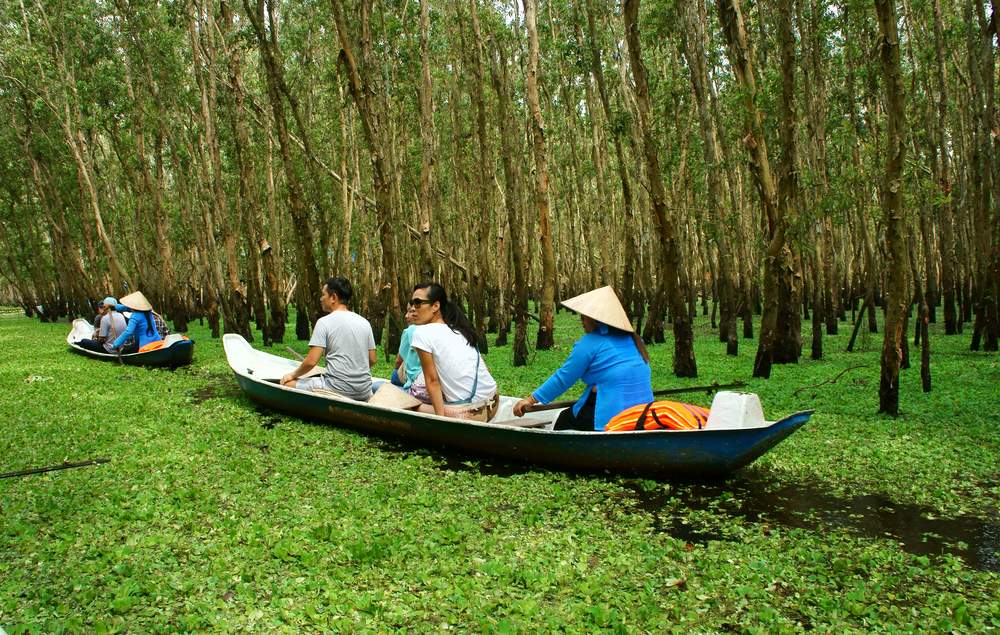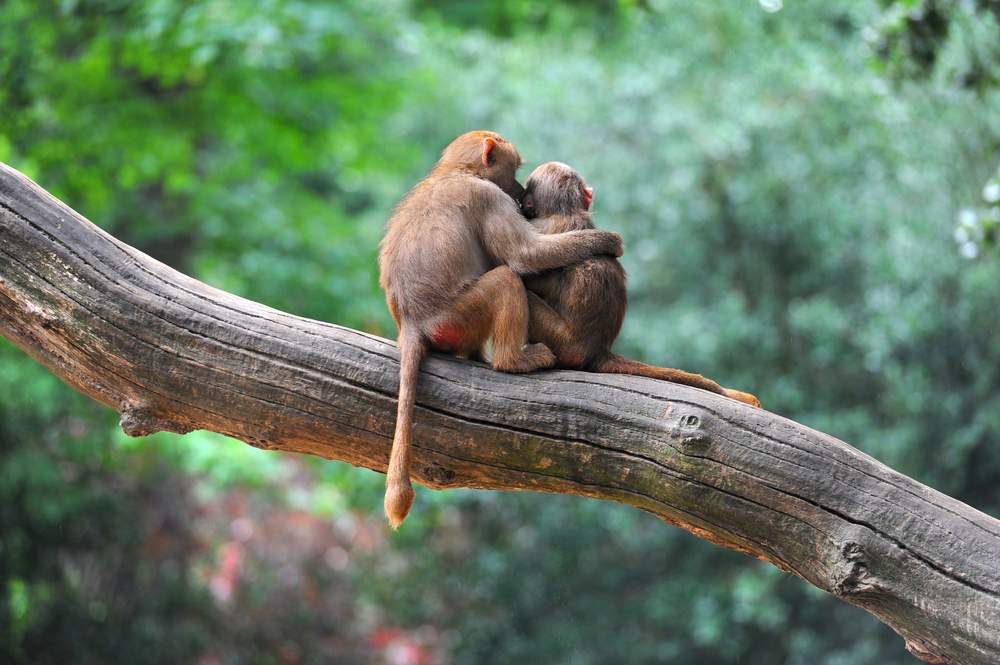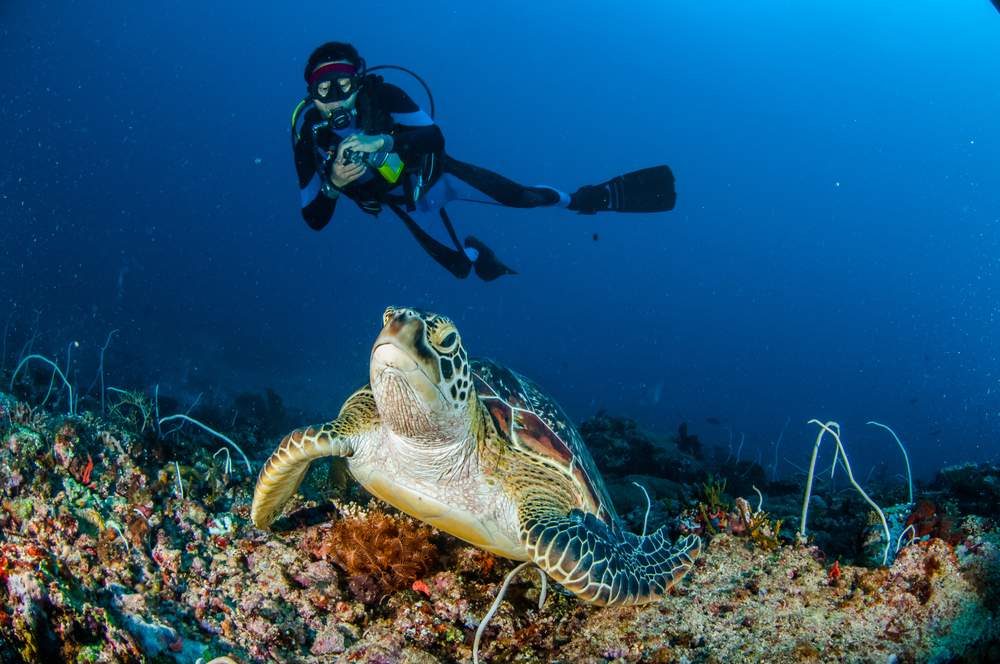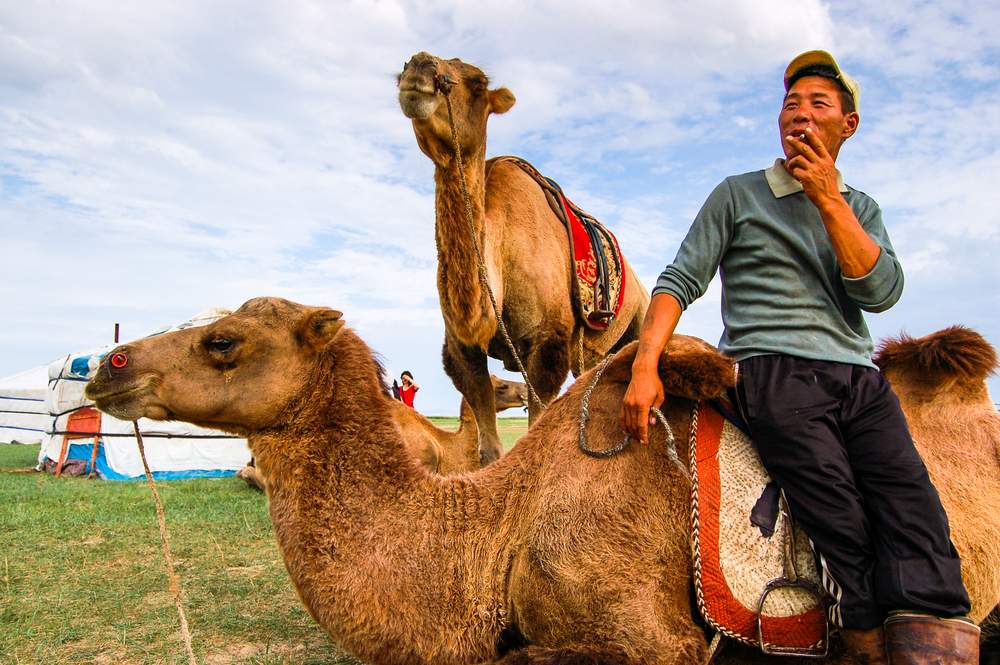July 8
Somewhere upriver from Puerto Maldonado, Peru
“To say that it’s beautiful here would be about as creative as calling the sky, simply, blue. There is more life here than I can even describe to you, and yet almost none of it is human. In the first 24 hours we’ve seen:
- white caiman
- turtles
- capybara (seven of them in a family group… they are like an enormous guinea pig… the size of a pig)
- butterflies of a dozen sorts, and birds too numerous to name
- flocks of parrots and red macaws
- squirrel monkeys
- brown capuchin monkeys
- saddle back monkeys
- wild pigs… I didn’t actually see these but we heard them very close!
- giant cecropia moth
It is quiet in ways that only the truly remote places on the planet are. And at the same time, it’s the loudest place I’ve ever been. Life is screaming in every direction, bugs, birds, monkeys, it’s a constant cacophony of sound.
By day the river is the colour of Thai milk tea: a ruddy orange mixed with sickly sweet condensed milk that swirls and flows in a glass in slow whorls of cream and rust, bending around ice cubes with effort in the tropical heat. The river is much the same, snaking through the jungle in long, languorous curves that are, at once, creeping and rushing through the forest.
By night she is carved of black opal: polished to a high gloss shine and laid like a ribbon through the ghost of the ebony green banks, reflecting the fire in the firmament. We drifted, long and slow, through the silence, suspended somewhere between earth and sky. Craning my neck as far back and out of the banana boat as possible I watched as the southern cross danced across the mirrored surface of god’s own ballroom rippling in ancient reels with Mercury and Venus for her partners. A firefly flashed to life within arms reach, or perhaps it was a star dipped a little two low at the end of a cosmic tango.
I am sitting now, by candle light, at a table all alone in the dining room. An open air structure, like everything else, with a thatched room and long tables, of hand hewn ceiba wood. Earlier today I sat here and watched tiny, precocious brown saddle back monkeys creep towards the fruit bowls, one eye on the staff, one eye on the prize. When the young man who sets tables in the evening and lights the chandeliers full of candles leapt after them with a broom I laughed and asked him in Spanish, “You chase the monkeys often?” He rolled his eyes and answered, “Siempre,” Always.
I am lucky to be in this place…”
On ecotoursim

It’s also worth noting that mindful folks have been “eco-touring” for as long as travel has been a thing. It’s possible to walk lightly on this planet, at home and abroad, without the ecotourism seal of approval. It’s a matter of reducing consumption, increasing what we give back, and conserving the limited resources within the communities in which we find ourselves.
Does it matter?

The obvious way that ecotourism matters is in preserving the biodiversity in sensitive regions and reducing the ecological impact on a particular community. If we’re going to safari in Africa, it should be in a way that preserves the local animal populations. If we’re going to hike the Amazon, it should be in a way that protects the rainforest for the next generation. We can do better than simply doing no harm, we can give back.
It’s just a tree… or a turtle

July 14, 2015
Apparently the turtles are at risk from people who poach the eggs to sell in the markets. I stapled and stapled along with Adan, a local guy who drove our boat the other day, to enclose the whole area in shade cloth to keep the small animals from getting in there and digging up the eggs. It’s fun to be working on a few projects that will carry on after I leave.”
July 15…
We filled 200 bags with soil yesterday and hoped to find 200 Chihuahuaco seeds to plant in them. The ironwood trees are disappearing quickly. They take about two to three hundred years to grow to their full heights and their extraordinarily hard wood makes them a commodity for loggers who sell them into the high end furniture market. They’re important to the eco system for their role in housing the nests of macaws and the bromeliads that grow high in their branches forming habitat and water pockets for tree frogs and lizards to live and lay eggs in.”
Replacing damaging economies

By voting with our dollars for ecotourism experiences we are spending money into economies that give people options, support conservation, and perhaps even give back in small ways to the communities that host us.
- Worldwide University Programs in Ecotourism
- 6 Things You Didn’t Know About Ecotourism
- Ecotoursim for the Whole Family
- What is Eco Travel and Responsible Tourism?
- Best Romantic Ecotourism Getaways
Photo credits: xuanhuongho , fenkieandreas , Hung Chung Chih , loca4motion Header photo: Jennifer Sutherland-Miller, may not be used without permission
